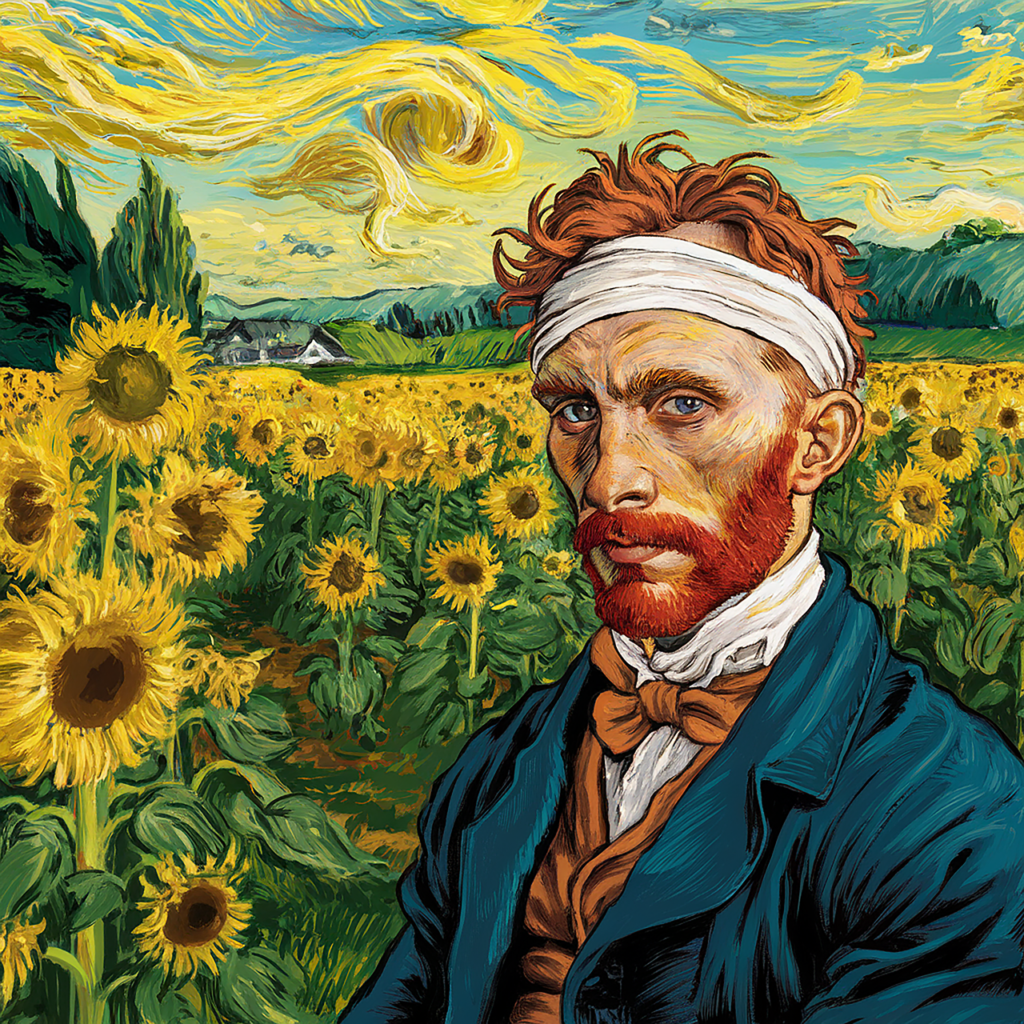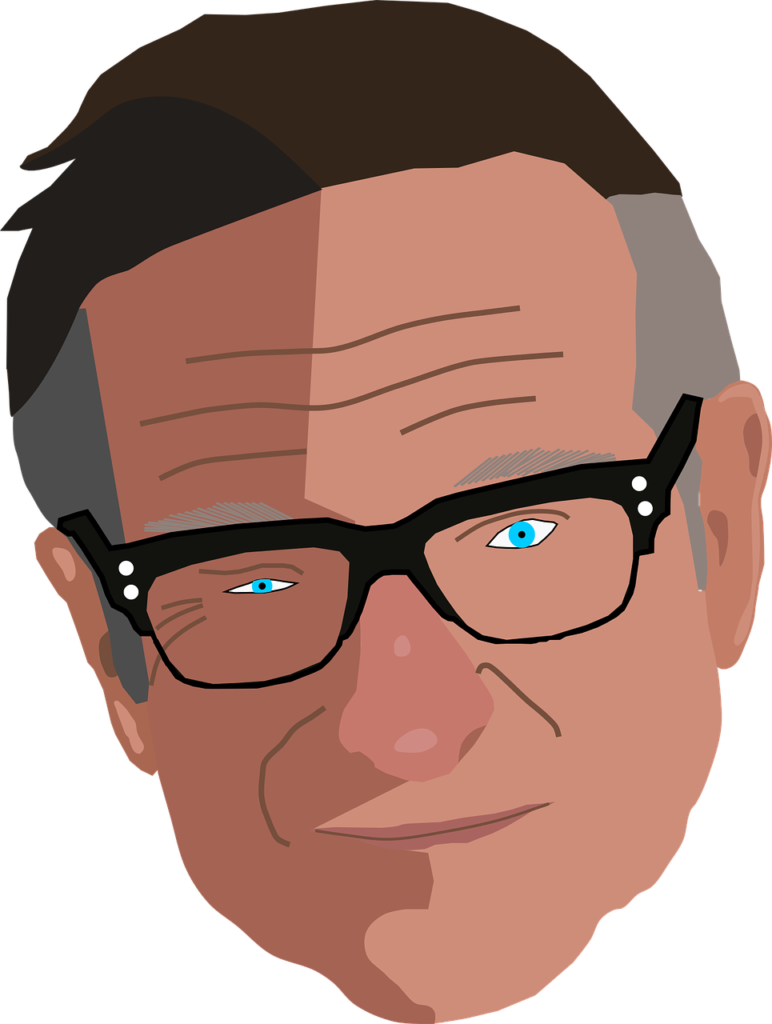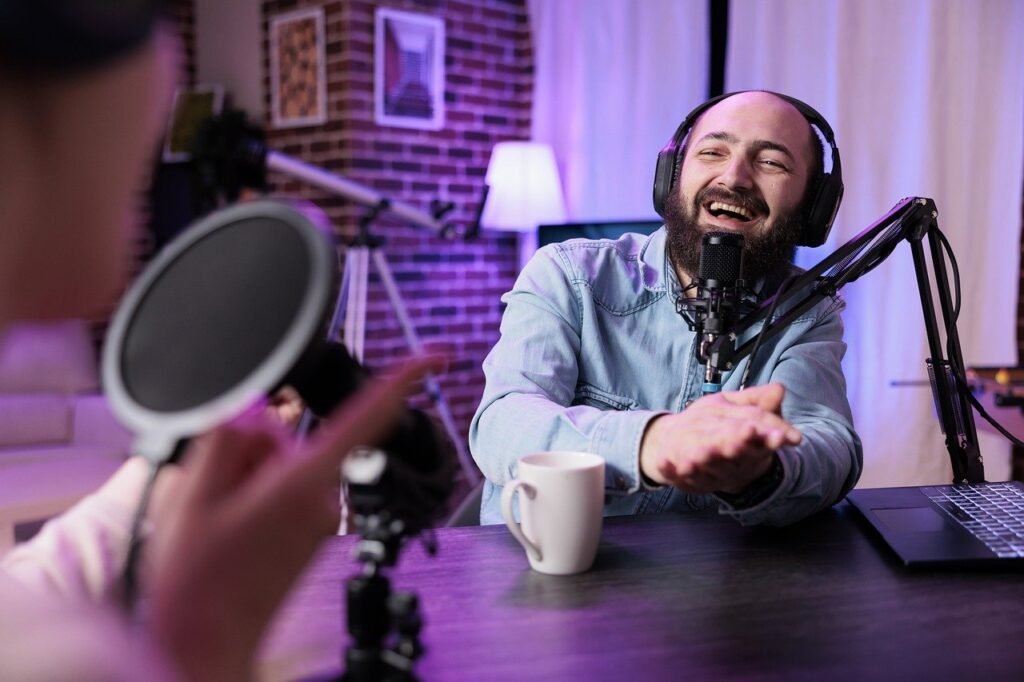
Intro
Mental health issues have become increasingly recognized in our society, partly due to famous celebrities who have publicly shared their struggles.
This openness has helped to diminish the stigma surrounding mental health and encouraged many to seek help.
Celebrities, like all of us, are not immune to mental health challenges, and their stories can offer both inspiration and insight.
In this blog post, we will explore the mental health journeys of various celebrities, examining how their experiences have impacted both their personal lives and public personas.
Understanding Mental Health in the Spotlight

Mental health issues can affect anyone, regardless of status or wealth. For celebrities, the pressures of fame can exacerbate mental health challenges.
The constant public scrutiny, relentless media attention, and the expectation to maintain a certain image can be overwhelming. Fame can provide a platform to share one’s story, but it can also make it difficult for celebrities to seek help without fear of judgment or backlash.
By understanding these pressures, we can better appreciate the bravery it takes for celebrities to speak openly about their mental health struggles.
Historical Figures and Their Mental Health Battles

Throughout history, many renowned individuals have grappled with mental health issues, often silently. Notable figures such as Vincent Van Gogh and Virginia Woolf faced significant mental health challenges during times when these conditions were largely misunderstood. Van Gogh, a legendary painter, struggled with severe depression and episodes of psychosis, which deeply influenced his art. His vivid and emotional works are often seen as a window into his turbulent mind.
Similarly, Virginia Woolf, a pioneering writer, dealt with recurring bouts of depression and bipolar disorder. Her profound literary contributions, including “Mrs. Dalloway” and “To the Lighthouse,” often reflect her inner turmoil and offer insight into her complex mental state. Despite the societal stigma and lack of adequate support during their lifetimes, both Van Gogh and Woolf managed to leave an indelible mark on the world through their creativity and resilience.
Composer Ludwig van Beethoven is another historical figure who faced considerable mental health challenges. Suffering from depression and bipolar disorder, Beethoven channeled his struggles into his compositions, producing some of the most celebrated music in history. His ability to create amidst personal suffering underscores the intersection between mental health and artistic genius.
In politics, Abraham Lincoln is often cited for his battles with severe depression, which he referred to as “melancholy.” Despite his mental health struggles, Lincoln’s leadership during the American Civil War and his efforts to end slavery highlight his enduring strength and determination.
These historical figures remind us that mental health issues are not a modern phenomenon. Their experiences underscore the importance of compassion and understanding, and their legacies continue to inspire conversations about mental health today.
Musicians Who Have Faced Mental Health Challenges

Music has long served as a powerful outlet for emotional expression, and many musicians have turned to their art to cope with mental health challenges. Kurt Cobain, frontman of Nirvana, openly struggled with depression and addiction, which deeply influenced his songwriting and stage presence. His raw and honest lyrics resonated with a generation grappling with similar issues.
Amy Winehouse, another iconic figure, battled with addiction and mental health problems throughout her career. Her deeply personal songs, such as “Rehab” and “Back to Black,” provided a glimpse into her troubled life, garnering both critical acclaim and empathy from her fans.
Demi Lovato has been very transparent about her struggles with bipolar disorder, eating disorders, and substance abuse. Her advocacy for mental health awareness is evident through her music and public speaking, making her a prominent voice in the conversation around mental health.
Other musicians, like Chester Bennington of Linkin Park, also used their platforms to discuss their mental health struggles. Bennington’s lyrics often explored themes of pain and isolation, offering solace to many who felt the same.
Billie Eilish has openly talked about her battles with depression and the pressures of fame at a young age. Her willingness to discuss these issues candidly in interviews and through her music has made her a relatable figure for many of her fans.
The experiences of these musicians highlight the complex relationship between creativity and mental health. Their openness not only helps to break the stigma but also connects with fans on a deeply personal level, fostering a sense of community and understanding.
Actors Who Have Openly Discussed Their Mental Health

The entertainment industry is known for its intense demands, and many actors have faced mental health challenges as a result. Robin Williams’ tragic battle with depression, ultimately leading to his untimely death, highlighted the hidden struggles even the funniest and most successful entertainers can face. Emma Stone has opened up about her struggles with anxiety, describing how it has affected her since childhood and how therapy has played a crucial role in her life. Dwayne “The Rock” Johnson has candidly shared his experiences with depression, discussing the importance of reaching out for help and removing the stigma associated with mental health issues.
Other actors, such as Jim Carrey, have also been vocal about their mental health. Carrey has talked about his journey through depression and how he has managed it over the years, including the impact of medication and lifestyle changes. Similarly, Kristen Bell has been a strong advocate for mental health awareness, openly discussing her struggles with anxiety and depression, and encouraging others to seek help and not to feel ashamed.
Winona Ryder has shared her experiences with anxiety and depression, explaining how these challenges have impacted her career and personal life. Her openness has helped to humanize the struggles faced by those in the limelight. Additionally, Ryan Reynolds has discussed his battles with anxiety, especially around the release of his films, highlighting the pressures of maintaining public appearances while managing personal mental health.
These actors’ stories provide valuable insight into the intersection of fame and mental health, offering comfort to fans facing similar challenges and helping to normalize conversations about mental well-being. By sharing their experiences, they contribute to a broader understanding and acceptance of mental health issues, emphasizing that no one is immune, regardless of their success or status.
Athletes and the Mental Health Stigma in Sports

Athletes are often seen as paragons of physical and mental toughness, but many have faced significant mental health challenges. The sports industry can be particularly harsh, perpetuating a stigma that prevents athletes from acknowledging their vulnerabilities. Nevertheless, prominent figures in sports have started to break this barrier, sharing their personal battles with mental health and encouraging a culture of openness and support.
Michael Phelps, the most decorated Olympian of all time, has been open about his struggles with depression and anxiety, revealing that he once contemplated suicide. His candor has sparked important conversations within the athletic community about the pressures athletes face and the importance of mental health care. Naomi Osaka, a top tennis player, made headlines when she withdrew from the French Open to prioritize her mental health, bringing to light the intense scrutiny and expectations placed on athletes. Her actions have prompted sports organizations to reconsider their approach to athletes’ well-being.
NBA player Kevin Love has also been a vocal advocate for mental health awareness, sharing his experiences with anxiety and depression in a powerful essay. Love’s openness has inspired many within the sports community to seek help and speak out about their own challenges. Similarly, Olympic gymnast Simone Biles’ decision to step back from the Tokyo Olympics to focus on her mental health highlighted the importance of self-care, even at the peak of one’s career.
These athletes’ stories underscore the need for systemic changes within the sports industry to better support mental health. By using their platforms to discuss these issues, they are paving the way for future generations of athletes to feel more comfortable seeking help and prioritizing their mental well-being.
Influencers and Mental Health in the Age of Social Media

In the digital age, social media influencers wield significant power in shaping public perception and discourse, including on critical issues like mental health. The pressure to curate a flawless online presence can exacerbate mental health struggles, but it also provides a platform for open dialogue and support. Influencers like Zoella and Liza Koshy have bravely shared their battles with anxiety and depression, using their vast reach to normalize these conversations and foster a community of understanding and empathy.
The transparency shown by these influencers resonates with many followers who might be dealing with similar issues but feel isolated or ashamed. By discussing their mental health openly, influencers help dismantle the unrealistic standards often perpetuated on social media, promoting a more authentic and supportive online environment. Their stories of vulnerability and resilience offer comfort and encouragement to fans who may be struggling in silence.
Moreover, the influence of social media personalities extends to advocacy and education. Many influencers partner with mental health organizations to spread awareness, provide resources, and encourage followers to seek professional help when needed. Campaigns and initiatives led by influencers can reach diverse audiences, making mental health resources more accessible and reducing the stigma associated with seeking help.
The role of influencers in the mental health conversation highlights the evolving nature of social media as more than just a platform for entertainment but as a space for meaningful and impactful dialogue. Their openness about mental health issues not only supports individual well-being but also contributes to broader societal changes in how mental health is perceived and addressed.
The Role of Mental Health Advocacy by Celebrities

Many celebrities leverage their platforms to champion mental health causes, utilizing their influence to effect positive change. Lady Gaga, through her Born This Way Foundation, works tirelessly to support the emotional well-being of young people, emphasizing kindness and bravery. Similarly, the Heads Together campaign, initiated by the British royal family, aims to tackle the stigma surrounding mental health by encouraging open conversations and providing resources for those in need.
Demi Lovato’s candid discussions about her struggles have not only helped reduce the stigma but have also driven significant engagement in mental health advocacy. Her involvement with organizations like Be Vocal: Speak Up for Mental Health underscores the importance of speaking out and seeking help.
Other celebrities, such as Prince Harry and Meghan Markle, have used their visibility to highlight the significance of mental health. Their work through various initiatives and public speaking engagements has shed light on the necessity of mental health care, particularly in the context of trauma and recovery.
Additionally, stars like Glenn Close, who co-founded Bring Change to Mind, focus on eliminating the prejudice and discrimination faced by those with mental illnesses. Close’s initiative aims to create conversations around mental health, promoting understanding and acceptance through public service announcements and community programs.
These celebrities, through their advocacy and outreach, contribute significantly to the broader mental health dialogue. Their efforts help to ensure that mental health receives the attention it deserves, fostering an environment where individuals feel empowered to seek the support they need. By lending their voices to these causes, celebrities help to amplify the message that mental health is just as important as physical health.
The Impact of Public Disclosure on Personal and Professional Life
When celebrities disclose their mental health struggles, it can have a profound impact on both their personal and professional lives. Public disclosure often leads to a mix of increased scrutiny and overwhelming support. Fans and the media may delve deeper into their lives, sometimes infringing on their privacy. However, this openness can also foster a stronger connection with their audience, who appreciate the honesty and relatability.
Professionally, revealing mental health challenges can be a double-edged sword. For some celebrities, it can boost their careers by highlighting their authenticity and vulnerability, traits that resonate with fans and can lead to increased public support and new opportunities. For instance, musicians who write songs about their struggles often find that their work resonates deeply with audiences, leading to commercial success and critical acclaim.
On the other hand, the stigma surrounding mental health can lead to negative repercussions. Some celebrities may face discrimination or be perceived as less capable, affecting their professional opportunities. The entertainment industry, in particular, can be unforgiving, with a high premium placed on maintaining a certain image. As a result, some celebrities may find it challenging to secure roles or endorsements after coming forward with their mental health issues.
Despite these challenges, many celebrities who disclose their struggles report a sense of relief and empowerment. The act of sharing their experiences can be cathartic, helping them to heal and manage their conditions more effectively. Additionally, their openness often inspires others to seek help and talk about their own mental health, creating a ripple effect that benefits the broader community. By breaking the silence, these celebrities contribute to a more accepting and supportive society.
Celebrity Stories That Inspire and Educate
Stories of celebrities overcoming mental health struggles highlight their resilience and strength, offering valuable lessons to the public. Elton John’s candidness about his journey through addiction has inspired many to seek help for their own struggles.
Similarly, Selena Gomez has opened up about her battle with anxiety and lupus, shedding light on the interconnectedness of physical and mental health. These narratives help destigmatize mental health issues, encouraging open dialogue and understanding. Taraji P. Henson has also been vocal about her experiences with depression and anxiety, using her platform to advocate for mental health resources, particularly in underserved communities. The transparency of these celebrities not only humanizes them but also provides fans with relatable examples of overcoming adversity. These stories serve as powerful reminders that mental health challenges do not discriminate, and seeking help is a sign of strength, not weakness.
Resources and Support Networks for Mental Health
For individuals grappling with mental health challenges, access to resources and support networks is vital. Various organizations offer valuable services to help people navigate these difficulties. The National Alliance on Mental Illness (NAMI) provides educational programs, advocacy, and support groups tailored to diverse mental health conditions. Their helpline offers immediate assistance and information about local services.
Mental Health America (MHA) is another crucial organization dedicated to promoting mental wellness. MHA’s initiatives include screening tools to help individuals identify potential mental health issues, as well as comprehensive guides on managing specific conditions like anxiety, depression, and bipolar disorder. Their online resources and community forums facilitate connection and shared experiences among individuals facing similar struggles.
In addition to these national organizations, there are numerous local and specialized resources available. Crisis Text Line offers free, 24/7 support through text messaging, connecting individuals with trained crisis counselors. Similarly, the Substance Abuse and Mental Health Services Administration (SAMHSA) provides a national helpline for individuals dealing with mental health or substance abuse issues, offering confidential referrals to local treatment facilities and support groups.
Online platforms like BetterHelp and Talkspace have made accessing therapy more convenient, offering virtual counseling sessions that can be attended from the comfort of one’s home. These services provide an accessible option for those who may face barriers to traditional in-person therapy.
For younger individuals, the Trevor Project offers targeted support for LGBTQ+ youth, including a crisis hotline, text, and chat services. The Jed Foundation also focuses on mental health education and suicide prevention among teens and young adults, promoting emotional health and preparedness for life’s challenges.
By leveraging these resources, individuals can find the support they need to manage their mental health effectively and build a foundation for lasting well-being.
